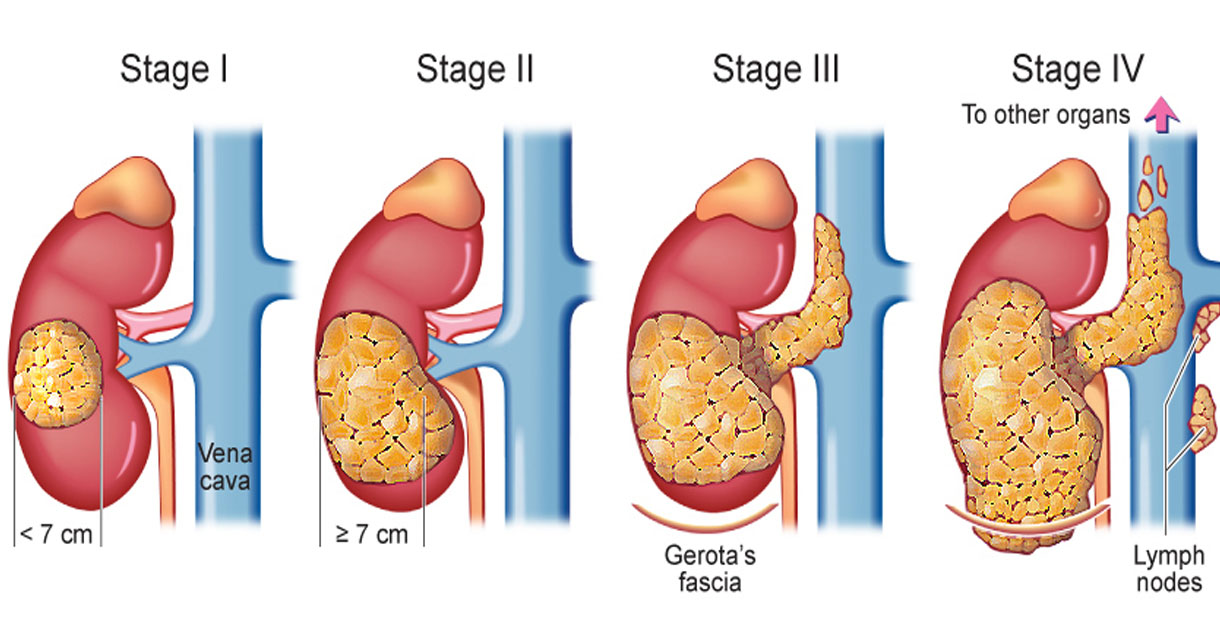Kidney Cancer Treatment in Tunisia
Find the best clinics for Kidney Cancer Treatment in Tunisia
No pricing info available
Ukraine offers the best prices Worldwide
Price: $ 2,487
From 4 verified reviews
Samir Derradji, 18 March 2018
Hello I follow sick dalger Algeria I ask you a preforma for an opairation on the colon .Thank you
From 11 verified reviews
Craig Mills, 30 July 2019
Excellent private health care looked after my soon after he drowned in sahara beach hotel this month would definatly recommend being cared for there staff were amazing
Clinique Taoufik, can be found in Boulevard Mohamed Bouazizi, Tunis, Tunisia and offers its patients Kidney Cancer Treatment procedures as well as 225 other procedures, across 24 different procedure categories. At present, there is no pricing information for Kidney Cancer Treatment procedures at Clinique Taoufik. The pricing information is quite specialised, so it's only available on request. Many medical professionals work at the Clinic, with 10 in total, and Clinique Taoufik is accredited by just one known accreditations institute, ISO 9001:2008
WHY US?
At Medijump, we're making medical easy. You can search, compare, discuss, and book your medical all in one place. We open the door to the best medical providers worldwide, saving you time and energy along the way, and it's all for FREE, no hidden fees, and no price markups guaranteed. So what are you waiting for?

Free

Best Price

Widest Selection

Risk-Free
What you need to know about Kidney Cancer Treatment in Tunisia
Treatment for kidney cancer depends on what stage the cancer is at, whether cancer has spread, your age, your overall health, and your personal preference. The most common treatment for this disease is surgery to remove part or all of the kidney. In advanced cases, treatment with a drug may also be used to treat kidney cancer.
What does a Kidney Cancer Treatment Procedure Involve?

There are two types of surgery to treat kidney cancer: surgery to remove the entire kidney (nephrectomy) and surgery to remove the part of the kidney that contains cancer (partial nephrectomy), both are performed under general anesthetic. For small tumors, your doctor may recommend cryoablation (treatment to freeze cancer cells to kill it) and radiofrequency ablation (treatment to burn cancer cells to kill it). If your kidney cancer is at an advanced stage, a drug may be used instead of surgery, such as immunotherapy (uses your own immune system to fight cancer cells), anti-angiogenic therapies (reduce the blood supply to the tumor to slow or stop the tumor’s growth), and targeted therapies (directly inhibit the growth of cancer).
How Long Should I Stay in Tunisia for a Kidney Cancer Treatment Procedure?
Your length of stay in Tunisia depends on which procedure you underwent. In general, you will need to stay in the hospital for 2 to 7 days and you need to plan to stay in the country for 7 to 14 additional days after surgery. If you only undergo therapy, your length of stay depends on how many cycles are needed for your specific condition.
What's the Recovery Time for Kidney Cancer Treatment Procedures in Tunisia?
The total recovery time until you can go back to your normal routine and perform strenuous activities or heavy lifting may take about 6 weeks, but you may be able to return to work within 3-4 weeks if your job is not physically demanding.
What sort of Aftercare is Required for Kidney Cancer Treatment Procedures in Tunisia?
Your surgeon will give you detailed instructions to help your recovery, which may include exercises, restrictions, wound care, and diet. You may need to attend regular checkups with your local doctor to monitor your condition. It is really important to eat well and get good nutrition during and after cancer treatment to avoid weight loss and to regain strength.
What's the Success Rate of Kidney Cancer Treatment Procedures in Tunisia?
The success rate for kidney cancer treatment depends largely on the stage of cancer and how early the treatment is received. The success rate can range from 69% to 93%. There are some side effects and risks that you should be aware of, such as infection, bleeding, damage to other organs, indigestion, hypertension, tiredness, diarrhea, infertility, rash, and shortness of breath.
Are there Alternatives to Kidney Cancer Treatment Procedures in Tunisia?
If you have a small tumor or you are too frail for treatment, your doctor may recommend ‘active surveillance,’ which means your tumor is closely watched to see if it grows.
What Should You Expect Before and After the Procedure
Kidney cancer is life-threatening, can spread to other organs, and cause painful symptoms. After successful treatment, the symptoms are relieved and you can get back to a normal life. Living with one kidney may sound frightening, but most people can live just fine and their quality of life is not affected.
Whilst the information presented here has been accurately sourced and verified by a medical professional for its accuracy, it is still advised to consult with your doctor before pursuing a medical treatment at one of the listed medical providers
No Time?
Tell us what you're looking for and we'll reachout to the top clinics all at once
Enquire Now

Popular Procedures in Tunisia
Prices Start From $2,487

Prices Start From $39

Prices Start From $2,487

Prices Start From $825

Recommended Medical Centers in Tunisia for Kidney Cancer Treatment

- Interpreter services
- Translation service
- Religious facilities
- Medical records transfer
- Medical travel insurance
- Health insurance coordination
- TV in the room
- Safe in the room
- Phone in the room
- Private rooms for patients available

- Interpreter services
- Translation service
- Religious facilities
- Medical records transfer
- Medical travel insurance
- Health insurance coordination
- TV in the room
- Safe in the room
- Phone in the room
- Private rooms for patients available

- Interpreter services
- Translation service
- Religious facilities
- Medical records transfer
- Medical travel insurance
- Health insurance coordination
- TV in the room
- Safe in the room
- Phone in the room
- Private rooms for patients available

- Interpreter services
- Translation service
- Religious facilities
- Medical records transfer
- Medical travel insurance
- Health insurance coordination
- TV in the room
- Safe in the room
- Phone in the room
- Private rooms for patients available

- Interpreter services
- Translation service
- Religious facilities
- Medical records transfer
- Medical travel insurance
- Health insurance coordination
- TV in the room
- Safe in the room
- Phone in the room
- Private rooms for patients available

- Interpreter services
- Translation service
- Religious facilities
- Medical records transfer
- Medical travel insurance
- Health insurance coordination
- TV in the room
- Safe in the room
- Phone in the room
- Private rooms for patients available



